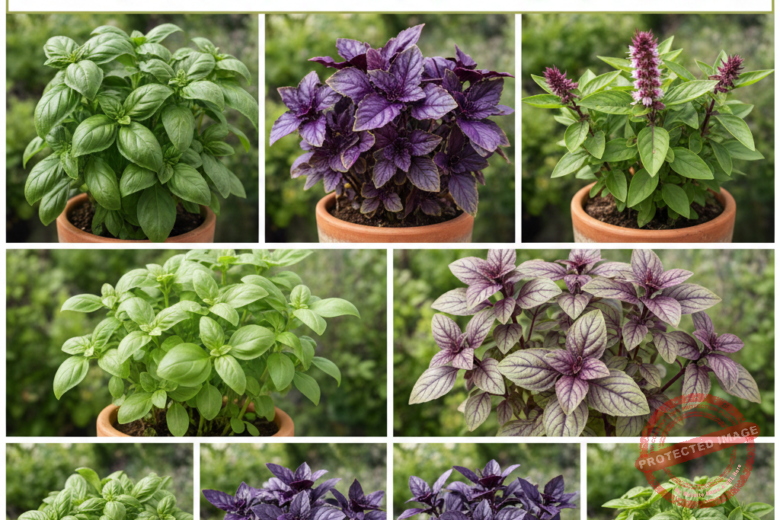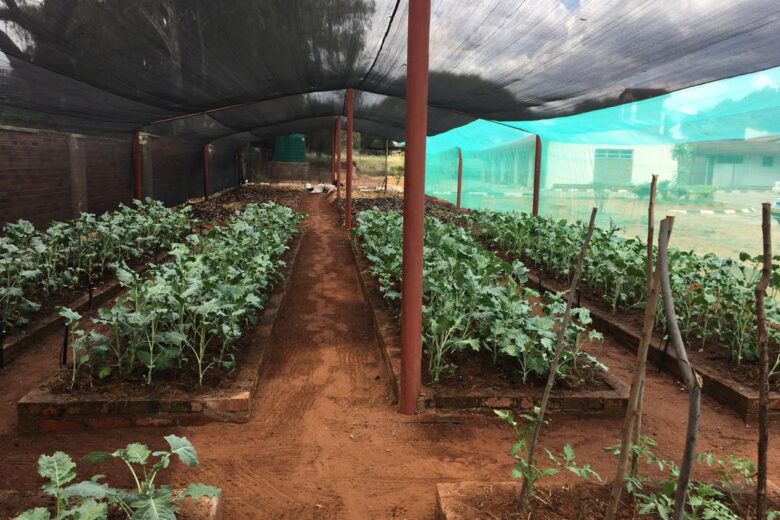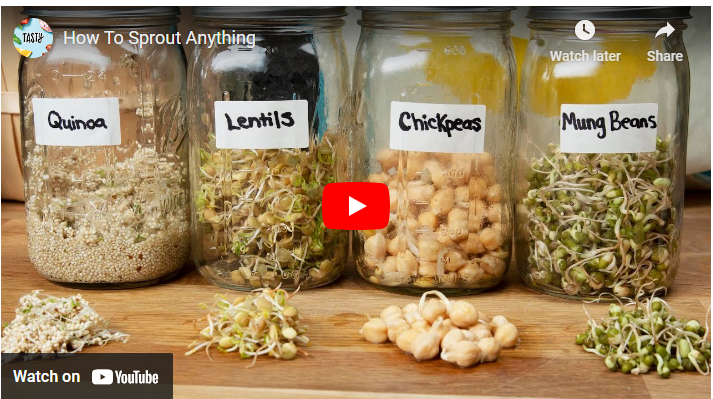Okra plants are a great addition to any garden, and with the right fertilizer, you can help them reach their full potential. Here are the 20 best fertilizers for okra plants.
20 Best Fertilizer For Okra Crop [Organic & Inorganic]
1. Compost:
Compost is one of the best and easiest fertilizers for okra plants. It helps build soil structure and improve soil fertility while providing essential nutrients for the okra plants to thrive.
Read Also: 20 Best Fertilizers for Rice Crop Farming [Organic & Inorganic]
2. Fish Emulsion:
Fish emulsion is a great source of nitrogen, phosphorus, and potassium and is excellent for helping okra plants reach optimal growth.
Read Also: 10 Best Fertilizers For Plantain Farm In Nigeria
3. Manure:
Manure is a great source of organic matter and essential nutrients for okra plants. It helps improve soil structure and aeration, as well as providing essential micronutrients for plants.
Read Also: 15 Best Beans Fertilizer In Kenya [Organic & Inorganic]
4. Bone Meal:
Bone meal is an excellent source of phosphorus and calcium, which are essential for okra plants. It also helps build soil structure and improve drainage.
Read Also: 15 Best Beans Fertilizer In Uganda [Organic & Inorganic]
5. Blood Meal:
A blood meal is rich in nitrogen and can help provide the okra plants with a boost in growth and production.
6. Epsom Salt:
Epsom salt is an excellent source of magnesium and can help okra plants reach optimal growth.
Read Also: 15 Best Beans Fertilizer In Ghana [Organic & Inorganic]
7. Alfalfa Meal:
Alfalfa meal is a great source of nitrogen and helps improve soil fertility and structure.
8. Cottonseed Meal:
Cottonseed meal is a great source of nitrogen, phosphorus, and potassium and is excellent for helping okra plants reach optimal growth.
9. Kelp Meal:
Kelp meal is an excellent source of micronutrients and helps improve soil fertility and structure.
10. Rock Phosphate:
Rock phosphate is an excellent source of phosphorus and helps build soil structure and improve drainage.
11. Gypsum:
Gypsum helps improve soil structure, drainage, and aeration, while also providing essential calcium and sulfur for the okra plants.
12. Wood Ash:
Wood ash is an excellent source of potassium and helps improve soil structure and drainage.
13. Seaweed Extract:
Seaweed extract is a great source of micronutrients and helps improve soil fertility and structure.
14. Molasses:
Molasses is an excellent source of organic matter and helps improve soil fertility and structure.
15. Bacterial Inoculant:
Bacterial inoculant is an excellent source of beneficial bacteria and helps improve soil fertility and structure.
16. Azomite:
Azomite is an excellent source of micronutrients and helps improve soil structure and drainage.
17. Sulfur:
Sulfur is an excellent source of essential micronutrients and helps improve soil structure and aeration.
18. Iron Sulfate:
Iron sulfate is an excellent source of iron and helps improve soil structure and drainage.
19. Potassium Sulfate:
Potassium sulfate is an excellent source of potassium and helps improve soil structure and drainage.
20. Vermicompost:
Vermicompost is an excellent source of organic matter and essential nutrients for okra plants. It helps improve soil structure and aeration, as well as providing essential micronutrients for plants.



